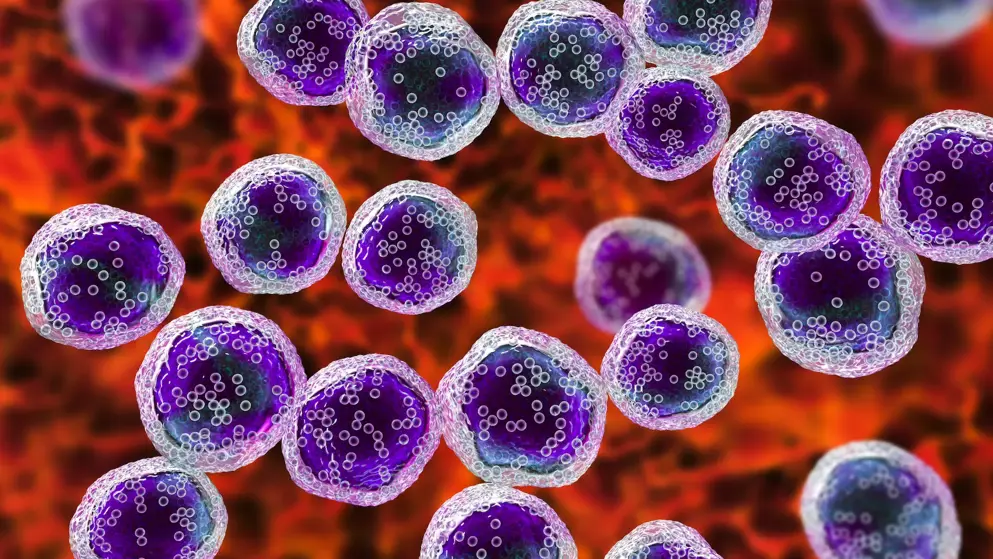
News
FDA grants accelerated approval for Monjuvi + lenalidomide to treat diffuse large B-cell lymphoma (DLBCL).- Morphosys AG + Incyte
MorphoSys AG and Incyte announced that the FDA has approved Monjuvi (tafasitamab-cxix) in combination with lenalidomide for the treatment of adult patients with relapsed or refractory diffuse large B-cell lymphoma (DLBCL) not otherwise specified, including DLBCL arising from low grade lymphoma, and who are not eligible for autologous stem cell transplant (ASCT).
Monjuvi, a humanized Fc-modified cytolytic CD19 targeting monoclonal antibody, has been approved under accelerated approval by the FDA based on overall response rate (ORR). Continued approval may be contingent upon verification and description of clinical benefit in a confirmatory trial(s). The FDA decision represents the first approval of a second-line treatment for adult patients who progressed during or after first-line therapy.
DLBCL is the most common type of non-Hodgkin lymphoma in adults worldwide, characterized by rapidly growing masses of malignant B-cells in the lymph nodes, spleen, liver, bone marrow or other organs. It is an aggressive disease with about one in three patients not responding to initial therapy or relapsing thereafter. In the United States each year approximately 10,000 patients are diagnosed with relapsed or refractory DLBCL who are not eligible for ASCT.
The FDA approval was based on data from the MorphoSys-sponsored Phase II L-MIND study, an open label, multicenter, single arm trial of Monjuvi in combination with lenalidomide as a treatment for adult patients with relapsed or refractory DLBCL. Results from the study showed an overall response rate (ORR) of 55% (primary endpoint), including a complete response (CR) rate of 37% and a partial response rate (PR) of 18%. The median duration of response (mDOR) was 21.7 months (key secondary endpoint). Warnings and Precautions for Monjuvi included infusion-related reactions (6%), serious or severe myelosuppression (including neutropenia (50%), thrombocytopenia (18%), and anemia (7%)), infections (73%) and embryo-fetal toxicity. Neutropenia led to treatment discontinuation in 3.7% of patients. The most common adverse reactions ( greater than 20%) were neutropenia, fatigue, anemia, diarrhea, thrombocytopenia, cough, pyrexia, peripheral edema, respiratory tract infection, and decreased appetite..
Condition: Diffuse Large B Cell Lymphoma
Type: drug

